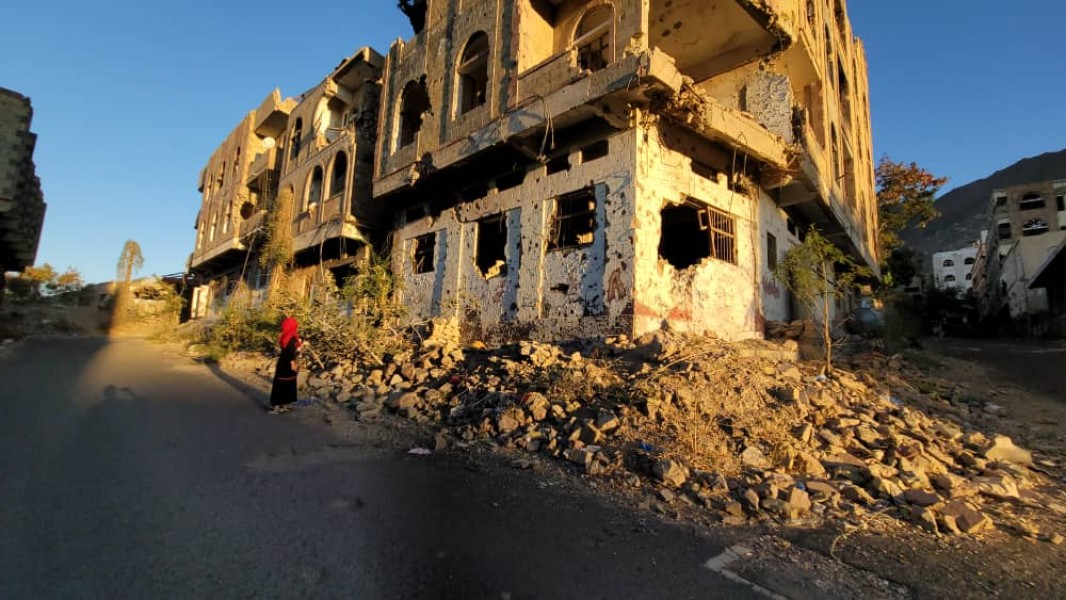The regional upheaval stemming from the ongoing war on Gaza has created more obstacles on the already complex path toward peace in Yemen. Houthi rebels continue their attacks in the Red Sea, which they describe as acts of solidarity with Palestine, despite retaliation from the United States and its allies. These developments have shifted attention away from the set of UN-brokered commitments agreed upon by the parties to the conflict in Yemen in December 2023, which include a nationwide ceasefire, measures to improve living conditions in the country, and an inclusive political process for sustainable peace.
The nine-year conflict has devastated the country and created one of the world’s worst humanitarian crises. According to 2024 Yemen Humanitarian Response Plan of the UN Office for the Coordination of Humanitarian Affairs, 18.2 million people will need humanitarian assistance and protection services in 2024, compared to 21.6 million in 2023. The already dire situation could soon get even worse. In January, the United States returned the Houthis to the list of global terrorists, which has done little to deter them from their action in the Red Sea but could have adverse effects on the country’s economy and the living conditions of its people.
Amid these ongoing regional and local challenges, it is more imperative than ever to support civil society and victims in Yemen and bring attention to victims’ grievances and needs. Doing so can strengthen victims’ position in the peace process and pave the way for lasting peace and, eventually, national reconciliation.
To that end, ICTJ continues to amplify the voices of victims at both national and international levels through storytelling. We also help build the capacities of civil society organizations and victims’ groups, better connect them, and enable them to effectively advocate for their rights and actively engage in the peace process.
The Yemen Victims Network (YVN), created in 2023 with the support of ICTJ, is the first of its kind in the country and provides its members a safe and welcoming community where they can share diverse perspectives and experiences, help one another cope with the challenges they encounter, and coordinate their activities. Networking is a powerful advocacy tool that can help ensure that victims and their needs and demands are central to the peacebuilding process. As proof of this, the YVN submitted a joint statement to UN Human Rights Council during its the Universal Periodic Review of Yemen last October in which they raised their main concerns and recommendations and urged the government to fulfill its human rights obligations.
Complementing this advocacy work, ICTJ and its partner Home of Cine-Jam coproduced the docuseries “Zyara to Yemen.” The docuseries aims to give a human face to the manifold challenges facing the Yemeni people and particularly Yemeni refugees. It comprises four five-minute episodes featuring inspiring personal testimonies that reveal unseen consequences of the war in Yemen. Each episode paints a poetic portrait of a Yemeni refugee living in Oman, including a human rights lawyer and activist, a restaurant worker, a martial arts champion, and a businessman. Their stories depict the impact of the war on individual lives, serving as a reminder to listen to victims’ voices and to incorporate their needs and demands for justice in the political agenda.
For the peace process in Yemen to be legitimate, civil society and victims must be included. Revitalizing an inclusive peace process is paramount to ending the long conflict and the dire humanitarian crisis it created. However, in light of the war on Gaza and its repercussions in the region and on Yemen, it is now also critical for all parties involved in Yemen’s peace process to reassess their strategies and recognize that an end to the war on Gaza might be indispensable to reigniting and advancing Yemen’s peace process.
______________
PHOTO: A field monitor from Yemen's National Commission to Investigate Alleged Violations of Human Rights (NCIAVHR) examines destruction caused by the war in the Salah District in Taiz Governorate in 2023. (Maher Al Absi/NCIAVHR)
